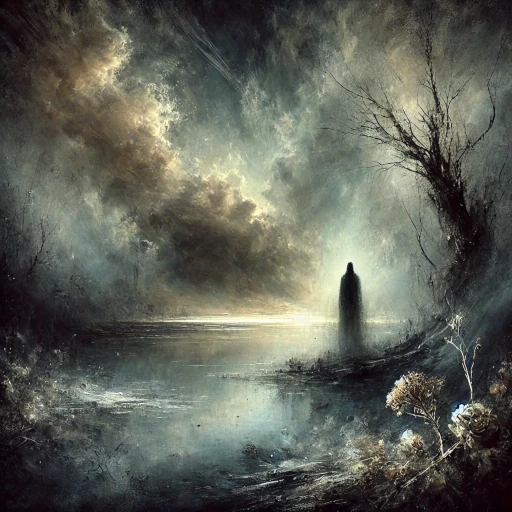“No evil can happen to a good man, either in life or after death. He and his are not neglected by the gods.”

- 470 BC – 399 BC
- Born in Athens, ancient Greece
- Philosopher
table of contents
Quote
“No evil can happen to a good man, either in life or after death. He and his are not neglected by the gods.”
Explanation
In this quote, Socrates asserts that a truly good person is protected from harm, regardless of the external circumstances of life or death. By emphasizing the moral integrity of the individual, Socrates suggests that a life lived in accordance with virtue and goodness is shielded from true evil, even if outward events may seem unfavorable. The notion that the gods would favor the good reflects Socratic belief in divine justice—that those who live virtuously are under the divine protection of higher powers, and their moral integrity ensures that they are never abandoned or left to suffer meaninglessly.
Historically, this statement reflects Socrates’ broader philosophical view that moral excellence is its own reward. For Socrates, the good life was one lived in pursuit of wisdom, virtue, and truth. Whether facing trial, adversity, or death, a good man’s integrity would always remain unshaken, as he would be at peace with himself and the universe. In ancient Greece, where religion and the favor of the gods were deeply intertwined with personal fate, Socrates presented an alternative view: that the inner character of a person, rather than the whims of external forces, determined their ultimate well-being.
In the modern world, this quote can serve as a reminder that, no matter what happens externally, a life rooted in ethical values and integrity provides inner peace and resilience. When individuals act with honesty, kindness, and moral courage, they are less vulnerable to the forces of misfortune or injustice. The quote suggests that, even in times of hardship or personal loss, the actions of a good person ensure that they remain connected to their core values, and in a broader spiritual sense, they are never truly forsaken. The idea invites us to place our focus on cultivating virtue rather than seeking external rewards, as true fulfillment lies in living with honor and a clear conscience.
Would you like to share your impressions or related stories about this quote in the comments section?




